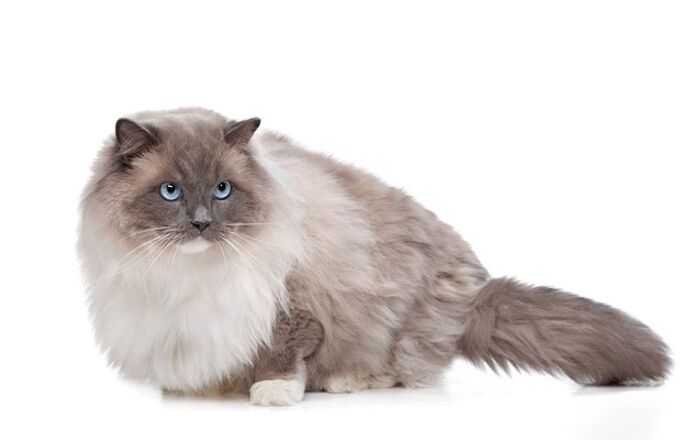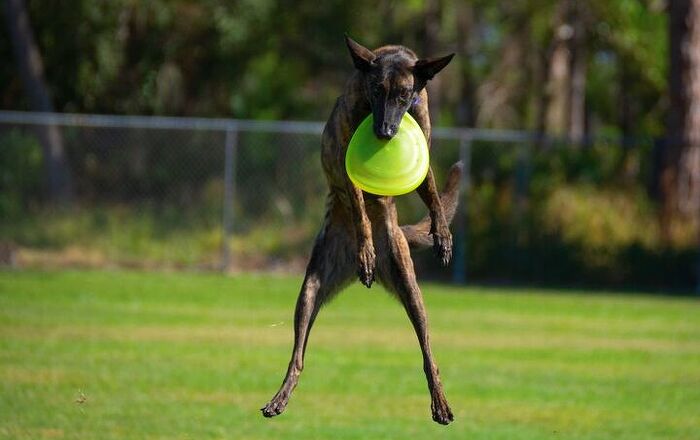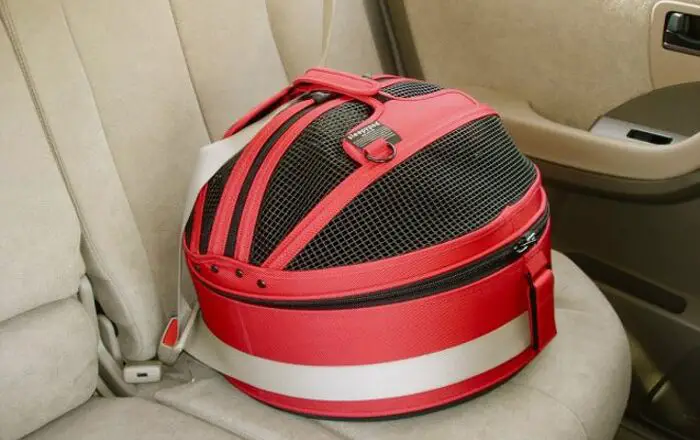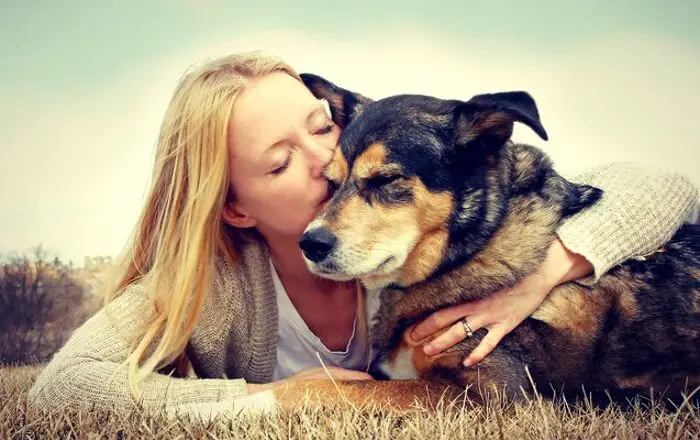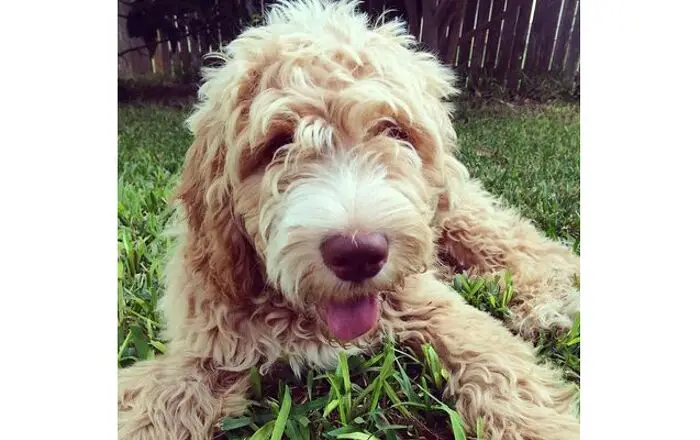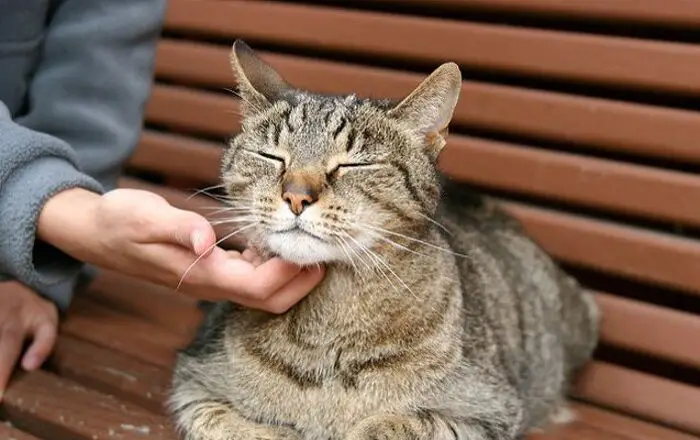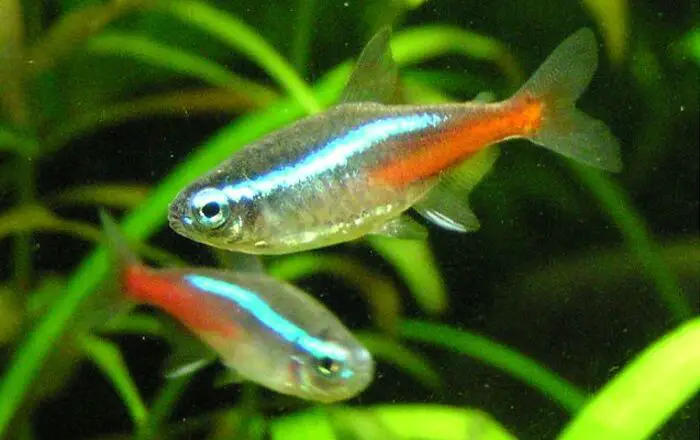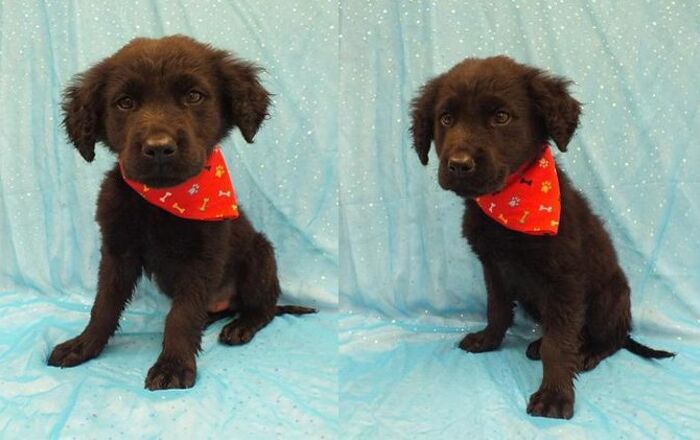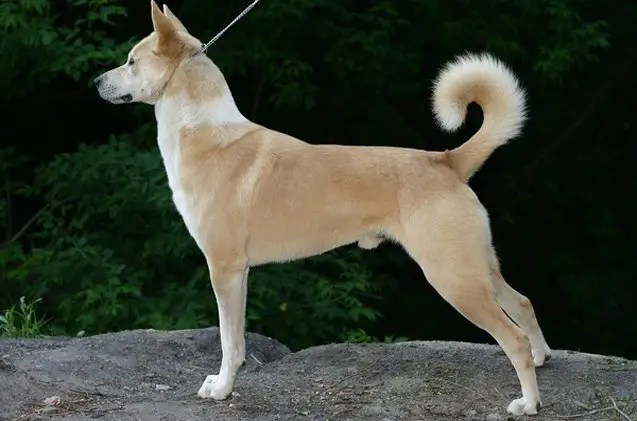
Canaan Dog Basics
The Canaan Dog (pronounced kay-nen) is one of the oldest known breeds of dog in existence today. The breed gets its name from the region of Canaan, which today encompasses Israel and Palestine, and started off as a free-roaming feral breed.
Canaans belong to the Spitz family and have the characteristic appearance of most primitive dog breeds. Their medium-sized bodies are sinewy and lean and their wedge-shaped heads are topped off with medium-sized pointy ears. The Canaan’s tail is high set and is often carried over their backs when excited. Their legs are long and lean and their feet are protected by hard pads.
The Canaan is described as a highly intelligent breed that has a strong personality. Like most other primitive breeds, they can sometimes be a handful to handle and require firm and consistent leadership. They are however extremely devoted to their masters and make excellent companions for experienced dog owners.
The Canaan Dog (pronounced kay-nen) is one of the oldest known breeds of dog in existence today.
Origin
The story of the Canaan Dog has its roots in ancient Israel. Archeologists have discovered 4000 year-old tomb paintings that depict dogs similar in appearance to the Canaan. The bible too makes references to various free-roaming dog packs that humans used as working dogs. These pieces of evidence suggest that the Canaan Dog could very well be the “missing link” between wolves and modern domesticated dogs.
The wild ancestors of the modern day Canaan Dog were first captured and bred in captivity by one Dr. Rudolphina Menzel around the early 1930’s. Dr. Menzel began her breeding program by luring in semi-free and free roaming Canaans and capturing litters of puppies. Menzel found that these highly intelligent dogs were extremely adaptable and easy to domesticate. In fact, an adult specimen that Dr. Menzel named “Dugma” took six months to capture and a few weeks to domesticate.
Dr. Menzel’s breeding program initially provided Canaans as working dogs and mine-sweepers for the Israeli military, making them the first breed of dog to be used for this purpose. Later on, Dr. Menzel’s puppies were made available to civilians as pets and guard dogs. Before her death in 1973, Dr. Menzel provided Shaar Hagai Kennels with their first breeding stock and the breed is safeguarded and developed to this day by the kennel.
Pedigree
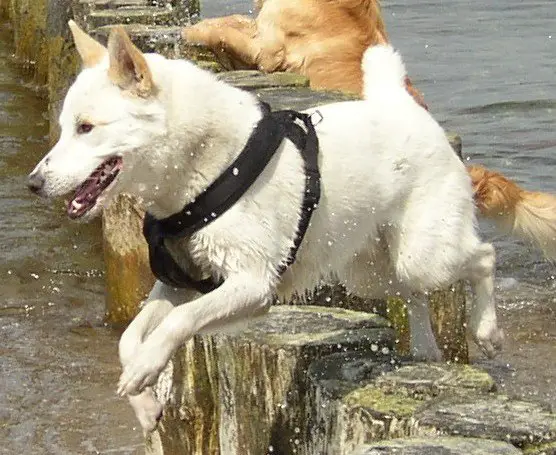
Canaan Dogs are actually one of the few breeds of dog that are untouched by humans; meaning that the breed has been unchanged by human influence since ancient times. It originated as a free-roaming feral breed in ancient Israel.
Food/Diet
Canaans should be fed on 1.5 to 2 cups of high quality dog food divided into two meals each day.
Canaans are a highly intelligent breed of dog and are capable of making decisions for themselves.
Training
Canaans are a highly intelligent breed of dog and are capable of making decisions for themselves; which isn’t a great surprise considering that they have survived as free-roamers for thousands of years. Their intelligence makes them highly trainable, but their strong will and tendency to get bored quickly calls for owners that are capable of providing firm and consistent leadership as well as engaging training methods.
Canaans are often excellent at dog agility trials as well as obedience, showmanship, flyball, tracking and herding events.
Weight
Fully grown Canaan males can weigh anywhere between 35-55 pounds.
Temperament and Behavior
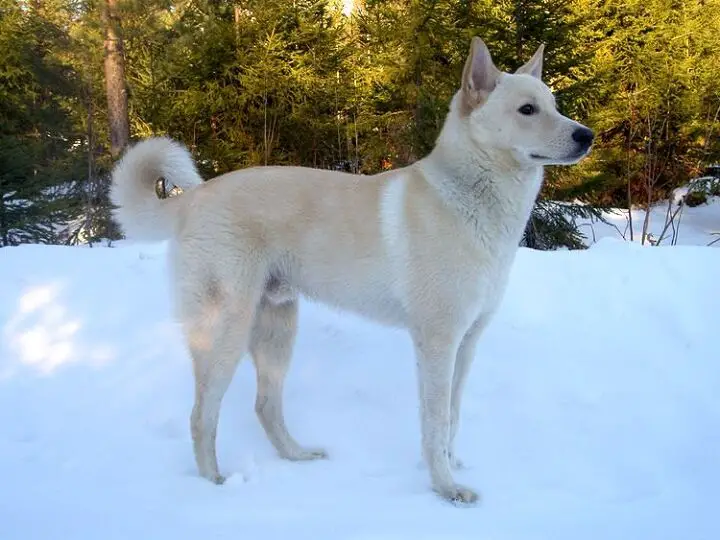
Canaans are extremely devoted and protective of their families. They are naturally mistrustful of strangers and are quick to announce any unknown arrivals into their territory. They are brave but not overly aggressive. These qualities make the Canaan an excellent guard dog. However, it is important that Canaan owners let their dogs know that they are in charge and the leader of the “pack”. A failure to do so can often lead to problems with overly aggressive behavior.
Canaans are a very social breed of dog and do best when housed with a large family and other dogs. They love children and have a natural protective instinct towards them. They can however be mistrusting of strange children and can be wary of strange children. For these reasons it is very important to socialize Canaans from a very early age with other humans and animals.
Common Health Problems
Like most breeds “untouched” by humans, Canaans are a very healthy breed of dog.
Life Expectancy
Canaan Dogs enjoy a relatively high life expectancy of 12-15 years.
Exercise Requirements
Canaans are a highly energetic breed and owners should provide their dogs with enough exercise to drain these energy levels each day. When denied an outlet to release their pent up energy, Canaans can become restless and develop various behavioral issues.
Canaans are extremely devoted and protective of their families.
AKC
The Canaan Dog was recognized by the American Kennel Club in June, 1997.
The club has this to say about the breed: “Inquisitive, loyal and loving with his family, the Canaan Dog is a breed that moves with athletic agility. Today, he is successful in the herding, obedience, agility and conformation arenas. This breed has two color patterns: either predominantly white with a mask, with or without additional patches of color, or solid colored with or without white trim.”
Coat
The Canaan Dog has a double coat consisting of a harsh, straight outer coat and a thick, soft undercoat. They do not require any special care in terms of grooming and need only be brushed and combed once a week. The Canaan is a heavy seasonal shedder and has no doggy odor.
Puppies
Unlike most other breeds of dogs that mature at 12 months, Canaans take nearly 3 years to reach adulthood. However, their protective and territorial instincts often kick in at 2 years of age and they should therefore be trained and socialized from puppyhood.
Photo credit: Alexandra Baranova/Wikimedia; M. Taube/Wikimedia; Matilda Holger/Wikimedia

